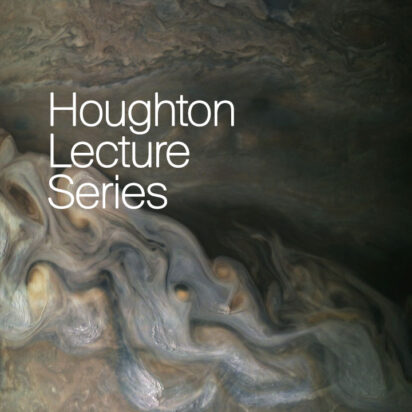
[Houghton Lecture] Yohai Kaspi (Weizmann Institute) – The atmospheric dynamics of Jupiter, Part III: the equatorial superrotating flows
Date: Friday, October 31, 2025 Time: 12:00 - 1:00pm Location: 55-110 | MIT Campus, Cambridge, MA Attend VirtuallyThis is the third of a series of three talks about Jupiter’s atmospheric dynamics, with a focus on discoveries since the arrival of NASA’s Juno mission to Jupiter in 2016.
In this talk, we will examine the dynamics of the lower latitudes, specifically, the region equatorward of 17°, known as the region outside the tangent cylinder. Using Juno gravity and microwave observations, we present evidence for slantwise columnar convection aligned with the planet’s spin axis in this region. We will then discuss, from a theoretical perspective, how such convection drives the equatorial superrotation. Through three dimensional numerical simulations of deep planetary convection, we demonstrate how columnar convection and associated thermal Rossby waves generate and sustain the observed superrotating jet. Juno observations provide supporting evidence for the existence of these mechanisms on Jupiter. More broadly, we will show that the same process, tilted convective columns transporting angular momentum perpendicular to the rotation axis, determines whether the equatorial region is superrotating, as on Jupiter and Saturn, or subrotating, as on Uranus and Neptune, depending on the direction of the columnar tilt. We will connect these findings to the gravity results discussed in the previous talks, establishing a consistent relationship between the depth of the zonal flows on giant planets and the character of their equatorial circulation. Together, these results suggest a unified dynamical framework for understanding the equatorial regions of all four giant planets, linking their internal structure, convective dynamics, and observable atmospheric motions.
Lunch to be served after the lecture.
Houghton Lecture Series
Supported by the Houghton Fund, Houghton Lecturers are distinguished visitors from outside MIT, invited by the EAPS Program in Atmospheres, Oceans and Climate (PAOC) to spend a period of time, ranging from a week to several months, as scientists-in-residence.
Contact: kbauer@mit.edu
